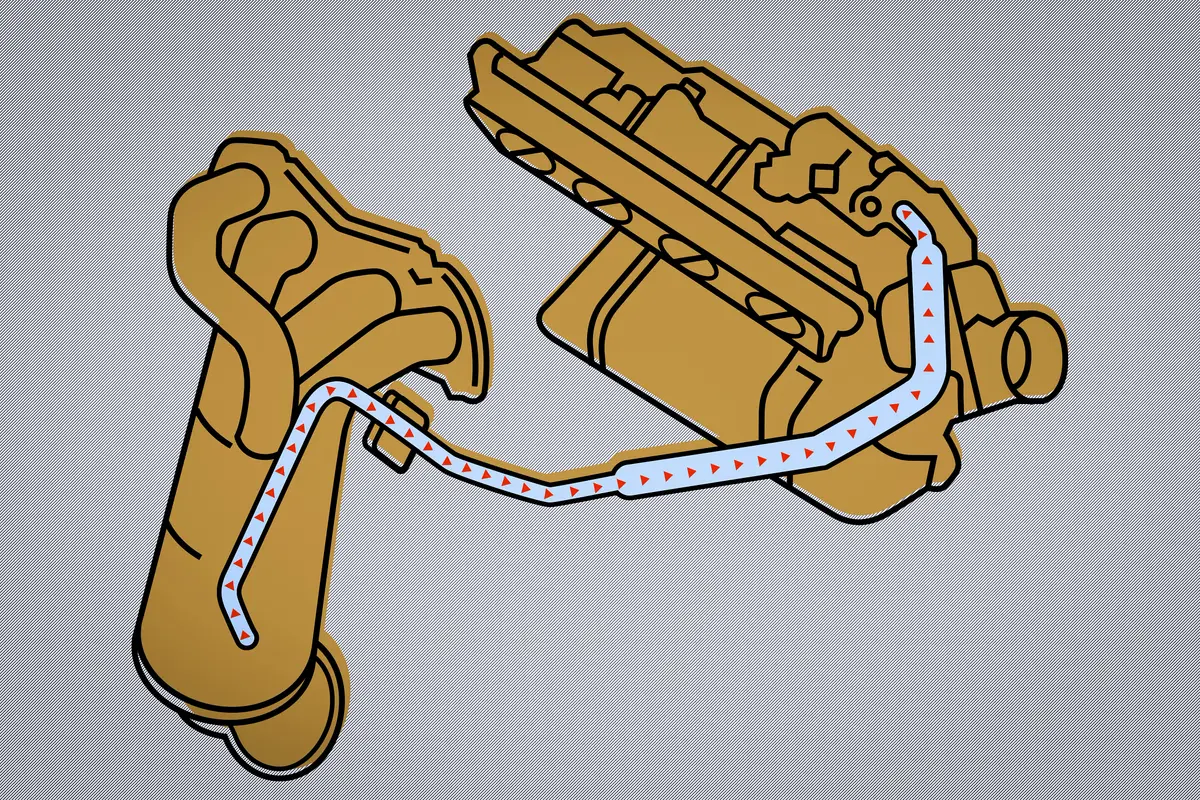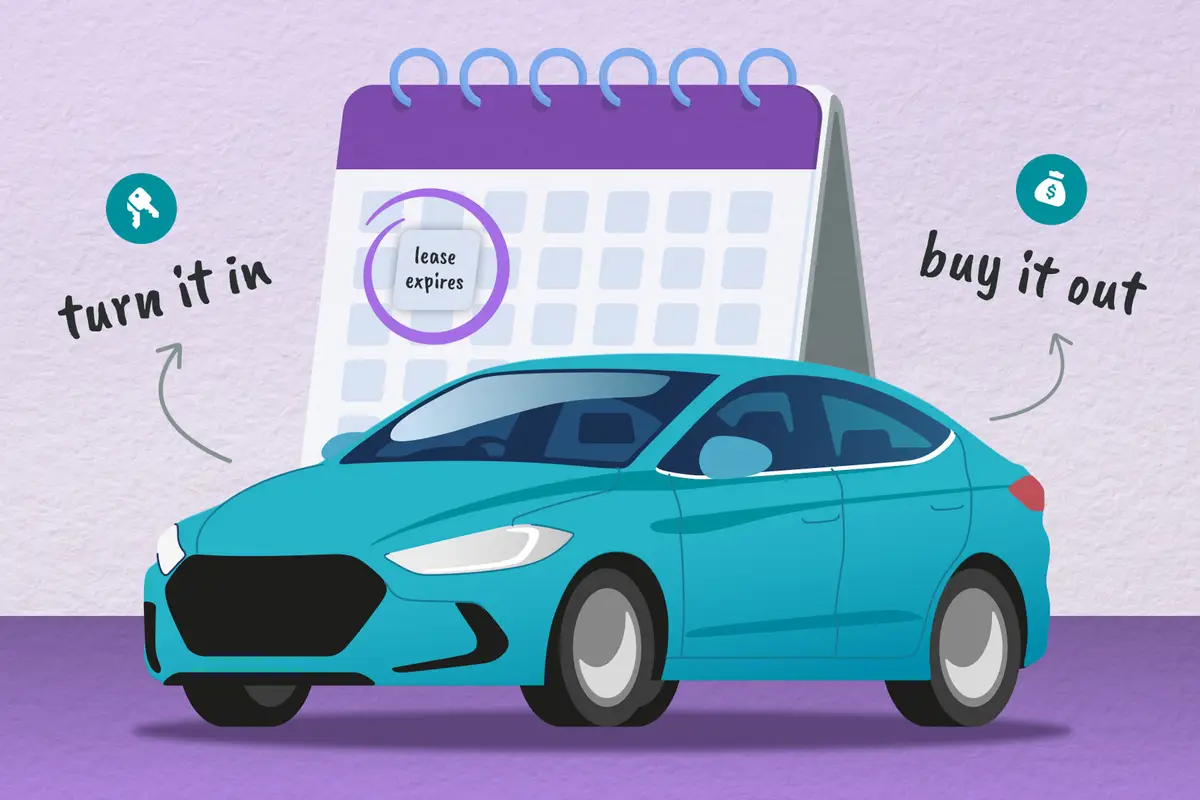What Is an EGR Valve and What Does It Do?


EGR stands for exhaust gas recirculation, a vehicle emissions control concept used in both gasoline and diesel engines. The EGR valve — which works differently depending on how old the car is and whether it uses gasoline or diesel fuel — is a key component to a car’s exhaust system and engine health.
Related: What Is a Boxer Engine?
- ${price_badge()}
- ${battery_badge()}${ev_report_link()}
- ${hot_car_badge()}
- ${award_badge()}
- ${cpo_badge()}
${price_badge_description}
The EV Battery Rating is based on this vehicle's current expected range relative to the vehicles expected range when new. ${battery_badge_text}
Certified cars are manufacturer warrantied and typically go through a rigorous multi-point inspection.
This car is likely to sell soon based on the price, features, and condition.
${award_blurb}
${award_two_blurb}
Shop the 2020 Hyundai Palisade near you


According to Delphi Technologies, an auto parts and technology company, the valve is important because it regulates the flow of exhaust gases to the engine intake system, resulting in increased engine efficiency, reduced fuel consumption and lower nitrogen oxide pollutant emissions.
What Are the Symptoms of a Bad EGR Valve?
What happens when the valve goes bad? Here’s what you need to know about your vehicle’s EGR valve:
EGR Valves Take a Lickin’
EGR valves fail over time because of normal wear and tear since they’re in constant use. A buildup of carbon particles, which could clog the components, also causes them to fail over time.
The Telltale Knock
When the EGR valve fails, you may hear knocking noises in the engine and notice reduced fuel economy from your vehicle. Delphi says owners may also feel reduced engine performance that will show up in ways like poor acceleration and rough idle.
Check-Engine Light On? Check Engine
As with most engine component issues, a faulty EGR valve will also likely trigger the vehicle’s check-engine light. Obviously, the check-engine light illuminates for a long list of issues, so the next step in diagnosing the issue is to have your vehicle’s computer scanned for trouble codes.
More From Cars.com:
- Is Oil for High-Mileage Engines Worth the Extra Cost?
- Why Does My Automatic Transmission Act Funny?
- More Car Service Advice
- Find Your Next Car
Cars.com’s Editorial department is your source for automotive news and reviews. In line with Cars.com’s long-standing ethics policy, editors and reviewers don’t accept gifts or free trips from automakers. The Editorial department is independent of Cars.com’s advertising, sales and sponsored content departments.

News Editor Jennifer Geiger joined the automotive industry in 2003, much to the delight of her Corvette-obsessed dad. Jennifer is an expert reviewer, certified car-seat technician and mom of three. She wears a lot of hats — many of them while driving a minivan.
Featured stories




